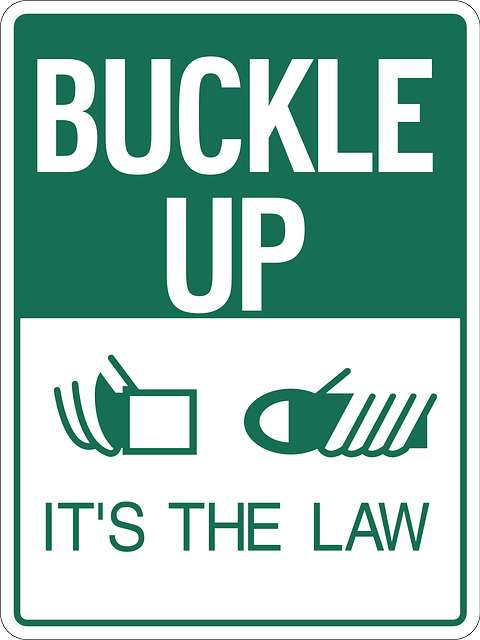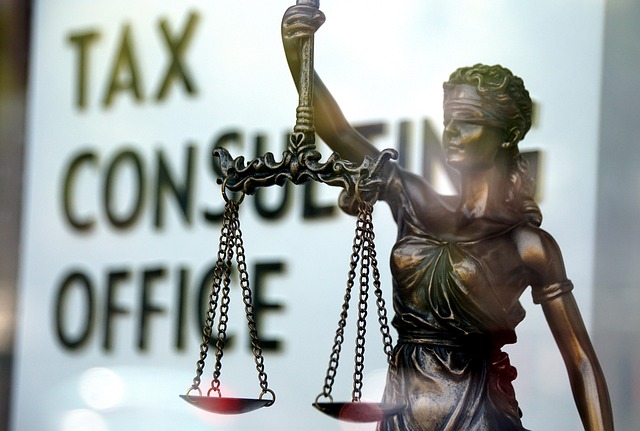Plea bargaining in criminal cases, particularly antitrust violations, offers businesses quicker resolutions with reduced legal risks and potential damage to public image. This strategy benefits consumers by fostering fair competition and market stability while allowing companies to showcase ethical conduct and improve internal controls. Key advantages include efficient case management, cooperative behavior from defendants, and deterrence for future violations.
Antitrust violation cases play a critical role in maintaining fair competition within markets. This article delves into the intricacies of such cases, focusing on understanding their implications and the key strategies employed to resolve them. We explore the benefits of plea bargaining as a powerful tool for both businesses and consumers, offering advantages that extend beyond criminal penalties. By examining common prosecutorial tactics and the preventative measures encouraged through effective bargaining, this guide highlights the multifaceted impact of resolving antitrust violations.
- Understanding Antitrust Violation Cases
- The Role of Plea Bargaining in Resolutions
- Advantages for Businesses and Consumers
- Common Strategies Used by Prosecutors
- Preventing Future Violations through Bargaining
Understanding Antitrust Violation Cases

Antitrust violation cases are a critical aspect of maintaining fair competition in the marketplace. These legal battles often involve complex scenarios where companies engage in anti-competitive practices, such as price-fixing, market division, or monopolistic behavior. Understanding these cases is essential for businesses and legal professionals alike, as they set precedents for future legal strategies. By studying successful prosecutions and settlements, companies can learn to navigate the intricate web of antitrust laws to avoid indictment for their clients in high-stakes cases.
One notable strategy that has proven beneficial in many criminal cases, including antitrust violations, is plea bargaining. This process allows defendants to negotiate a plea agreement with prosecutors, potentially reducing the severity of charges and punishment. For his clients facing antitrust accusations, this approach can offer a more favorable outcome compared to going to trial. Plea bargaining enables businesses to take responsibility for their actions while mitigating legal risks, ensuring they can continue operating without undue disruption in these dynamic and often regulatory-heavy industries.
The Role of Plea Bargaining in Resolutions

In antitrust violation cases, plea bargaining plays a pivotal role in resolving complex legal matters efficiently. This process allows both corporate and individual clients to negotiate with prosecutors, offering a bargain where guilt is admitted in exchange for reduced penalties or charges. The benefits of plea bargaining in criminal cases are manifold; it can lead to quicker resolutions, which are often more favorable for all parties involved. By engaging in plea bargaining, defendants can achieve complete dismissal of all charges, a significant outcome that allows businesses and individuals to move forward with their operations without the weight of legal repercussions.
Moreover, successful plea bargaining strategies have been known to foster extraordinary results. This approach enables companies and clients to maintain privacy, avoid lengthy trials, and potentially mitigate damage to their public image. The strategy is particularly effective when both sides are committed to finding a mutually agreeable solution, ensuring that justice is served while also providing a path forward for all stakeholders involved in antitrust-related legal battles.
Advantages for Businesses and Consumers

In antitrust violation cases, benefits of plea bargaining can offer significant advantages for both businesses and consumers. By resolving legal disputes through plea agreements, companies can avoid lengthy and costly trials, allowing them to allocate resources more efficiently and focus on their core operations. This efficient resolution can also help maintain market stability, as it enables swift action against illegal practices that might distort competition.
Moreover, plea bargaining provides an opportunity for businesses to demonstrate their commitment to adhering to legal and ethical standards. A well-negotiated plea deal can lead to winning challenging defense verdicts while ensuring that the company learns from its mistakes and implements stricter internal controls. This balance between accountability and continuity benefits consumers by fostering a fair marketplace where competition thrives without undue influence or suppression. In terms of white-collar defense, effective plea bargaining strategies are crucial throughout all stages of the investigative and enforcement process, ultimately shaping the outcome for both companies and their customers.
Common Strategies Used by Prosecutors

In antitrust violation cases, prosecutors often employ several common strategies to secure justice and deter future misconduct. One powerful tool in their arsenal is plea bargaining. The benefits of plea bargaining in criminal cases are significant; it allows for efficient resolution, reduces the burden on courts, and can lead to more cooperative defendants. By negotiating a plea deal, prosecutors may secure a guilty plea in exchange for reduced charges or a lighter sentence, which can be particularly beneficial when dealing with complex legal matters.
This strategy not only expedites the legal process but also ensures that the focus remains on the core issues of the case. Moreover, an unprecedented track record of successful prosecutions can be achieved through plea bargaining, as it encourages defendants to disclose relevant information and cooperate fully. This comprehensive approach can result in the complete dismissal of all charges against the respective business, ultimately promoting fair competition in the market.
Preventing Future Violations through Bargaining

One effective strategy to prevent future antitrust violation cases is through plea bargaining in criminal proceedings. Plea bargaining offers numerous benefits, especially in high-stakes cases where companies and individuals face severe penalties. By agreeing to a plea deal, defendants can avoid lengthy and costly jury trials, which often consume significant resources for both the legal teams and the court system. This approach not only expedites the resolution of such complex matters but also sends a powerful message to potential violators.
The process allows for a more precise application of justice, focusing on the unique circumstances of each case. It enables prosecutors to target specific conduct or behaviors that breach antitrust laws while potentially offering leniency in exchange for cooperation and honest disclosure. This not only deters future violations but also facilitates a holistic understanding of the impact of such actions on the competitive landscape and the wider philanthropic and political communities.
Antitrust violation cases play a crucial role in maintaining fair competition in markets. By understanding these cases, leveraging plea bargaining strategies, and adopting preventive measures, businesses can ensure compliance while reaping the benefits of reduced legal costs and enhanced consumer protection. The benefits of plea bargaining in criminal cases extend to both corporate entities and consumers, fostering an environment that promotes ethical practices and encourages economic growth.






